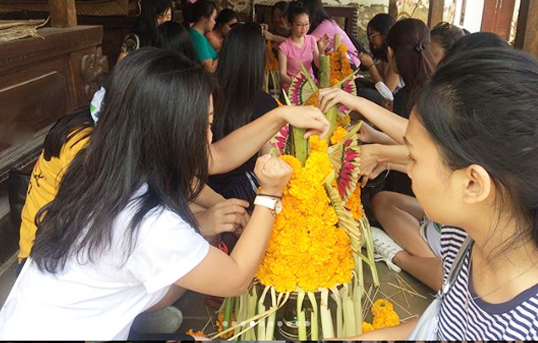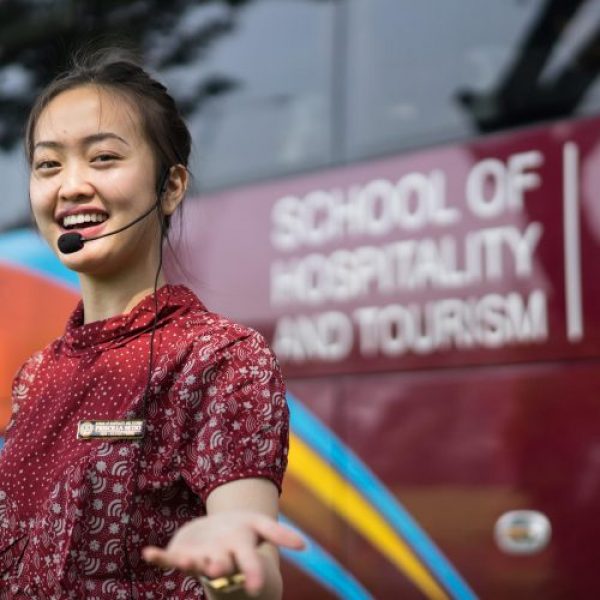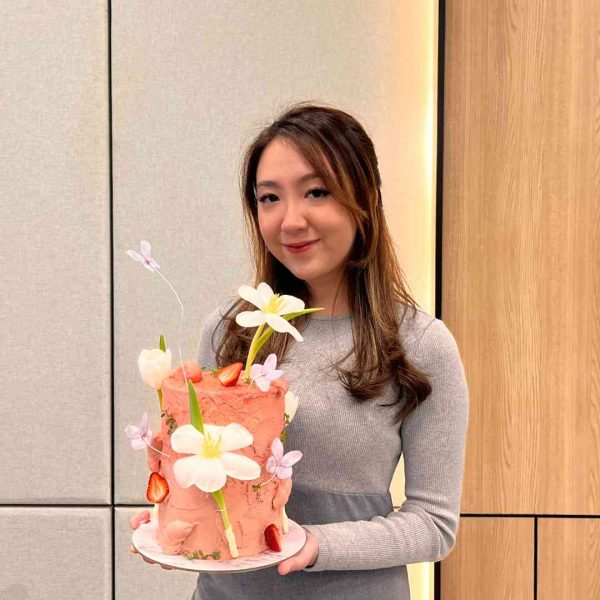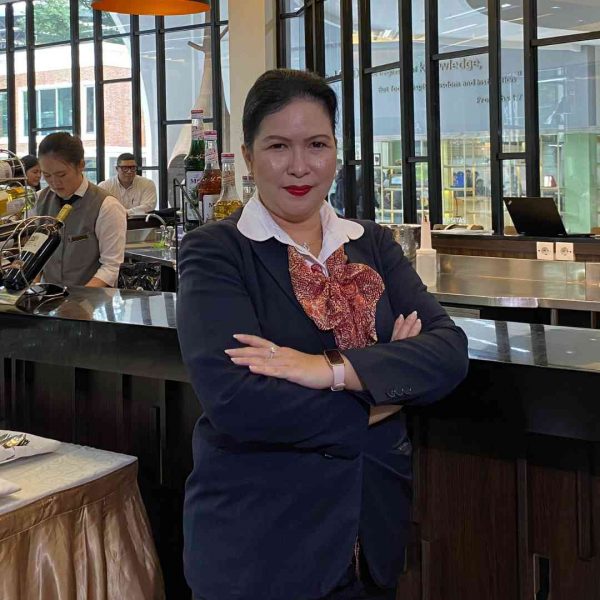2019
UPH Master of Tourism: Developing Sustainable Tourism Business in Indonesia.

UPH’s shows its commitment in the tourism educational field through the new Master of Tourism study program. Currently, the study program has been accredited with a B grade. This achievement is possible due to the consistency of UPH’s (Bachelor-level) School of Hospitality & Tourism (Hospitality Management and Travel Industry Management study programs), which has been consistently getting an A accreditation for 3 consecutive periods. UPH offers a unique curriculum in its Master of Tourism program. The program focuses on Sustainable Tourism Business, supported by courses such as Tourism Planning & Development and Sustainable Tourism Management. Dr. Diena Mutiara Lemy, A.Par., M.M., CHE, Dean of the School of Tourism, explained that the distinction of UPH’s School of Tourism lies on its sustainable tourism business.
“What’s unique about our program is that we focus on Sustainable Tourism Business, a tourism industry that pays attention to the current needs of the tourism sector without compromising the tourism demands that will surface in the future. Someone that hasn’t understood the concept of sustainable tourism will build a hotel in a beautiful location, without anticipating the potential of environmental damage, if it indeed exists in the area. A sustainable tourism business always has an excellent management, economic benefits, cultural benefits, and value to the environment. We emphasize these four pillars of sustainable tourism, and our whole Master’s program is run with this undertone,” she added.
To top off the sustainable tourism principles, the study program has also been accredited – something of a milestone in the educational sector, because this is what will attract the public – both students and tourism industries – and maintain their trust in the program.
UPH’s Master of Tourism opened in 2017, as a response to the fast-paced development of the tourism industry, particularly in Indonesia. A more advanced demand means a more advanced education is needed.
“We believe that people are far from losing interest in this study program. Demands are very high, and people want to study in a deeper level. We see a need that UPH can fill, in order to participate in Indonesia’s tourism development,” she explained.
UPH also emphasized the quality of its lecturers – all lecturers in the program have doctoral degrees and are seasoned in research and in the markets. This means graduates can emerge as practitioners that can fulfil the demands of the industry and those that put the principles of sustainable tourism first – not those that operate under set theories.
“One of our lecturers is a Ph.D. that is also the CEO of several companies. Another one is a business owner teaching Tourism Management and Research Method. Some of our lecturers are also actively involved in the Ministry of Tourism and in research. So, when teaching, our lecturers have a lot of real-life issues that can be discussed with the students. In addition, the Faculty participates in events at Indonesia’s Ministry of Tourism, and this gives students the chance to participate as well. At times, experts are invited to share their experience and knowledge. All this is done to ensure that students get the richest experience in the Faculty as possible – as well as support from industrial partners, educational institutions, the Ministry, and the Government.
The Master of Tourism program is open for people with or without background in Tourism. Potential students with backgrounds in other fields are invited to study in the program. A matriculation program is prepared by UPH for this purpose.
“The Graduate Profile of UPH’s Master of Tourism is students that can run a tourism business. Those who work in other fields can benefit from the knowledge we offer – they can combine their fields of expertise with tourism. We have a student with a background in accounting. After joining this program, the student decided to develop accounting for tourism,” Diena continued.
Diena hopes that more people can see that this program fulfils a lot of Indonesia’s current tourism demands. Indonesia’s tourism scene currently needs more thinkers and experts to ensure that tourism in Indonesia will have a sustainable future. ™



